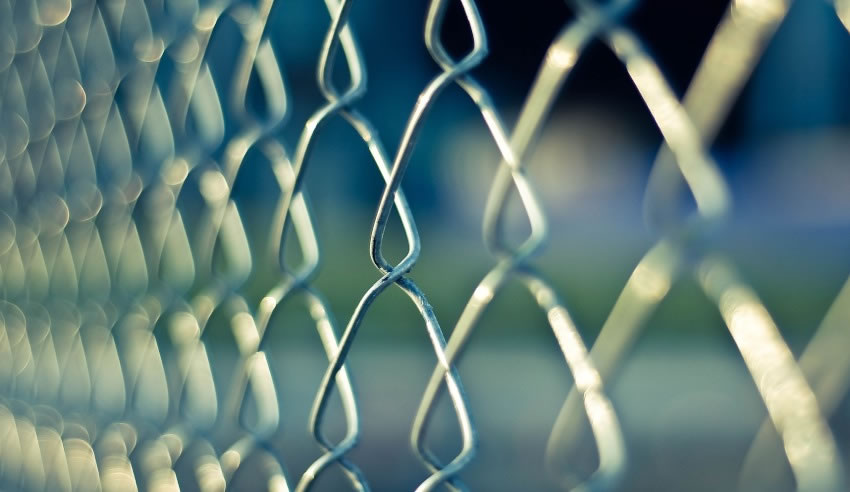Human rights lawyers have filed a case before the Supreme Court arguing that the government must release at-risk prisoners, as judges across the state become wary about sentencing.

The Fitzroy Legal Service and the Human Rights Law Centre (HRLC) on Wednesday filed a case before the Supreme Court on behalf of someone in prison who has existing health conditions that puts them at increased risk of illness or death if they contract the virus.
HRLC senior lawyer Monique Hurley said the government should be working “around the clock” to reduce the potential risks posed by COVID-19 as the state is not yet clear.
“Prisons are a COVID-19 powder keg for the people trapped in them, and the people who work in them and in the broader community,” Ms Hurley said. “In this COVID-19 context, to keep people safe, governments must rethink overcrowded prisons and then responsibly release certain groups of people. If it gets into prisons… It will spread like wildfire.”
The HRLC and Fitzroy Legal Service are calling for the government to grant leave to those most at risk of COVID-19, grant early release to people in prison who are close to the end of their sentence, grant parole to people in prison who have been convicted of a low-level offence, and allow people on remand to more easily access bail.
The latter is already being seen in courts across the state. In the Supreme Court, Thomas v Kitching heard that a woman, charged with burglary and with a history of other offences, applied for bail. Having been rejected twice before earlier this year, she was allowed bail this week due to the risks of coronavirus in prison and on the criminal system.
Given concerns about Ms Thomas’ – first name redacted – health and the possible delays in her hearings, which might have seen her spend more time in bars than necessary, she was granted bail. The judge also considered suspension of visits and rehabilitation.
“On a daily basis since Ms Thomas went into custody, COVID-19 has changed the world in numerous and profound ways,” read the transcript. “Like almost every other institution, the criminal justice system of this state is not immune from the impact of the pandemic.”
In another instance, the Supreme Court granted an applicant bail due to chronic asthma, and is “therefore said to be particularly vulnerable to serious health implications”.
